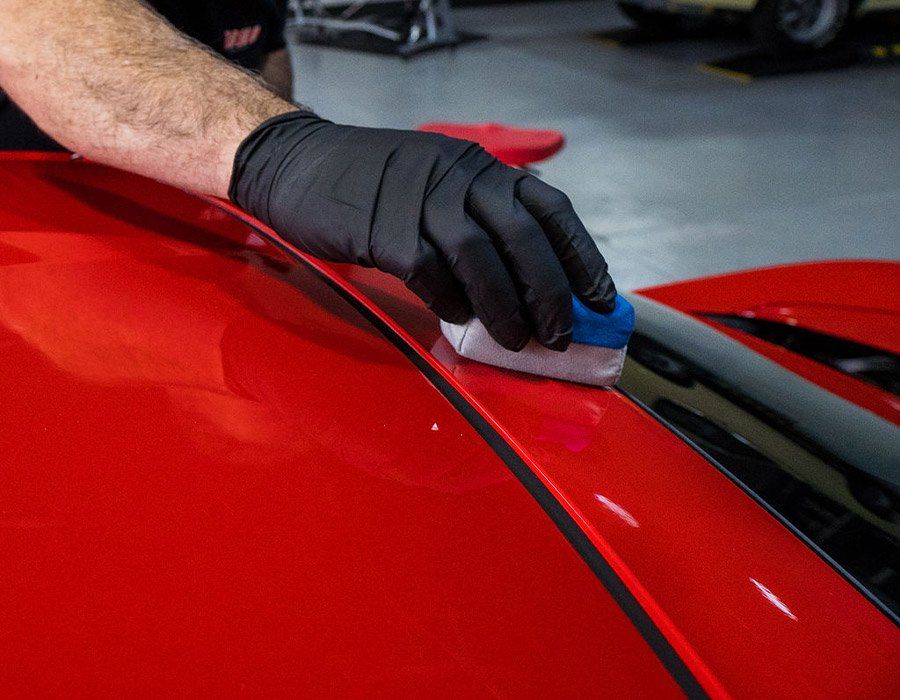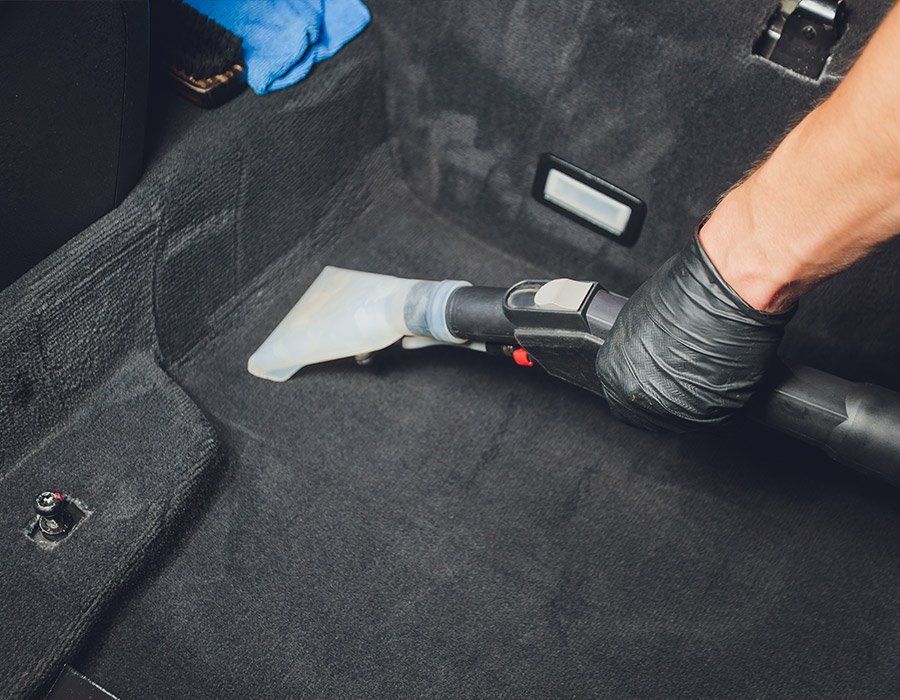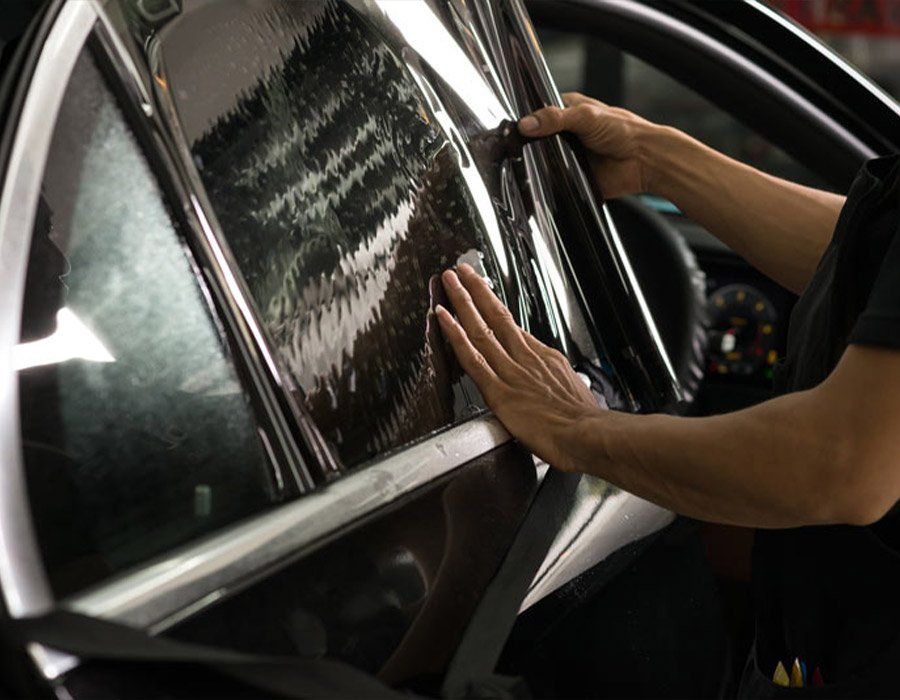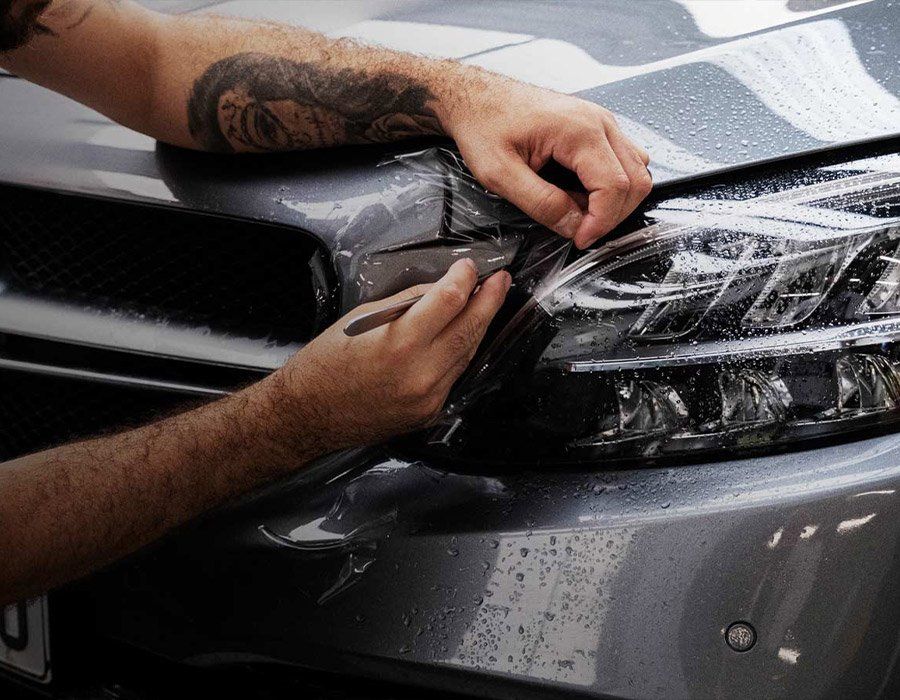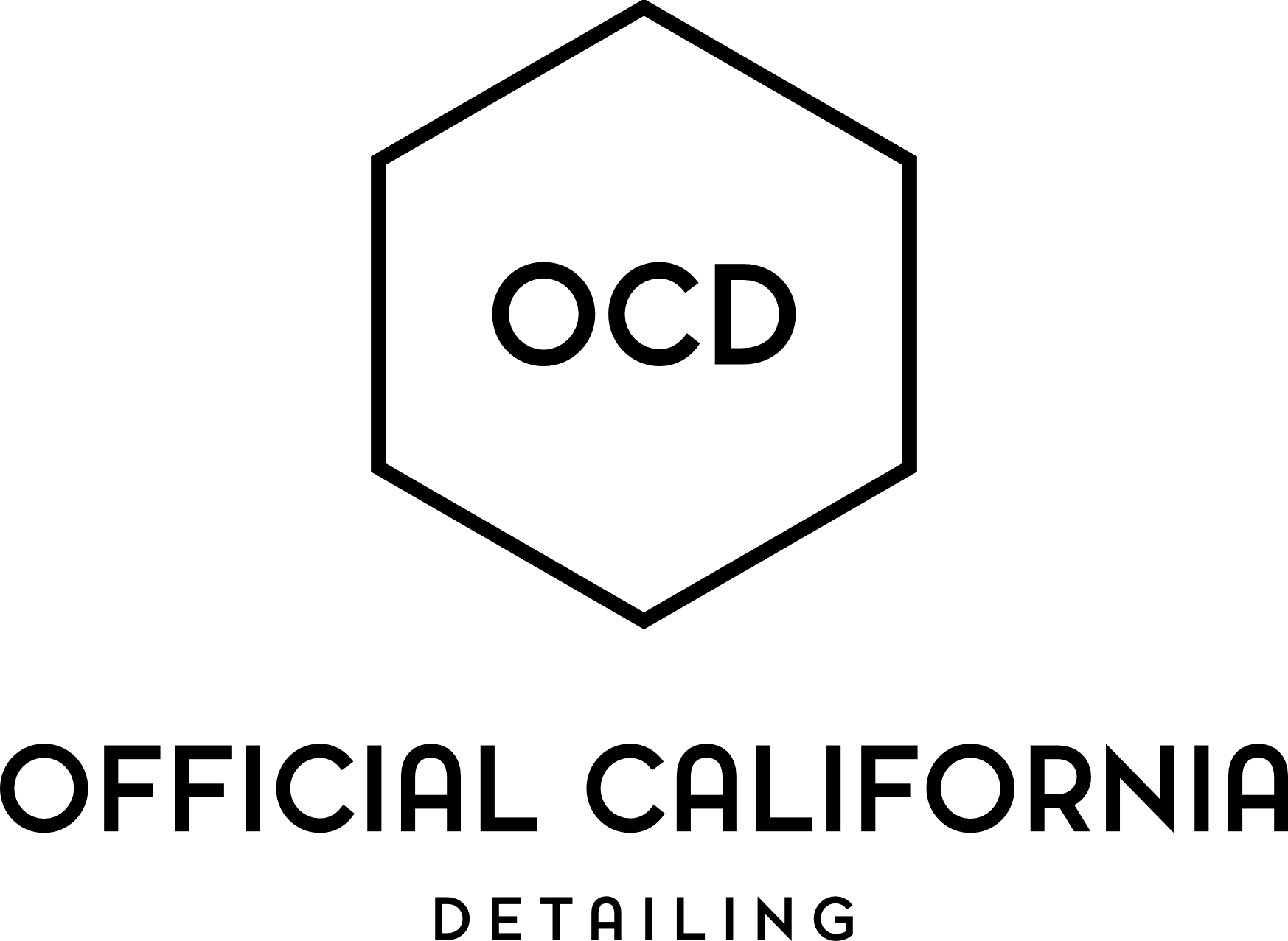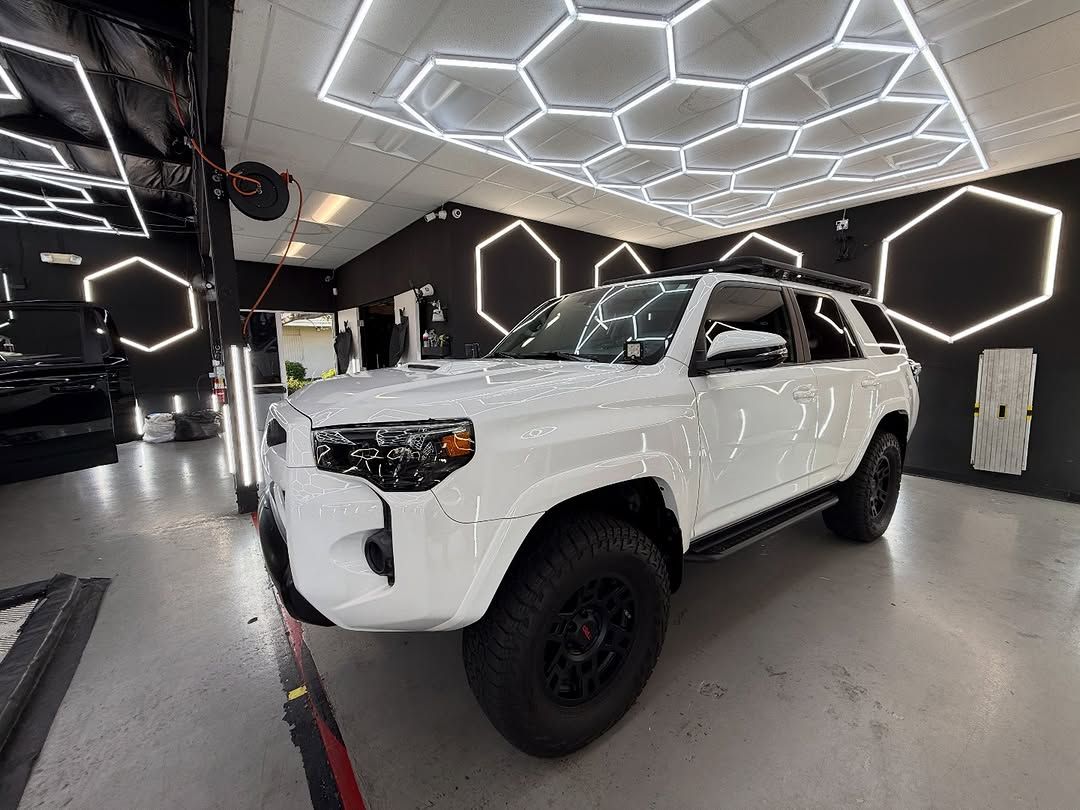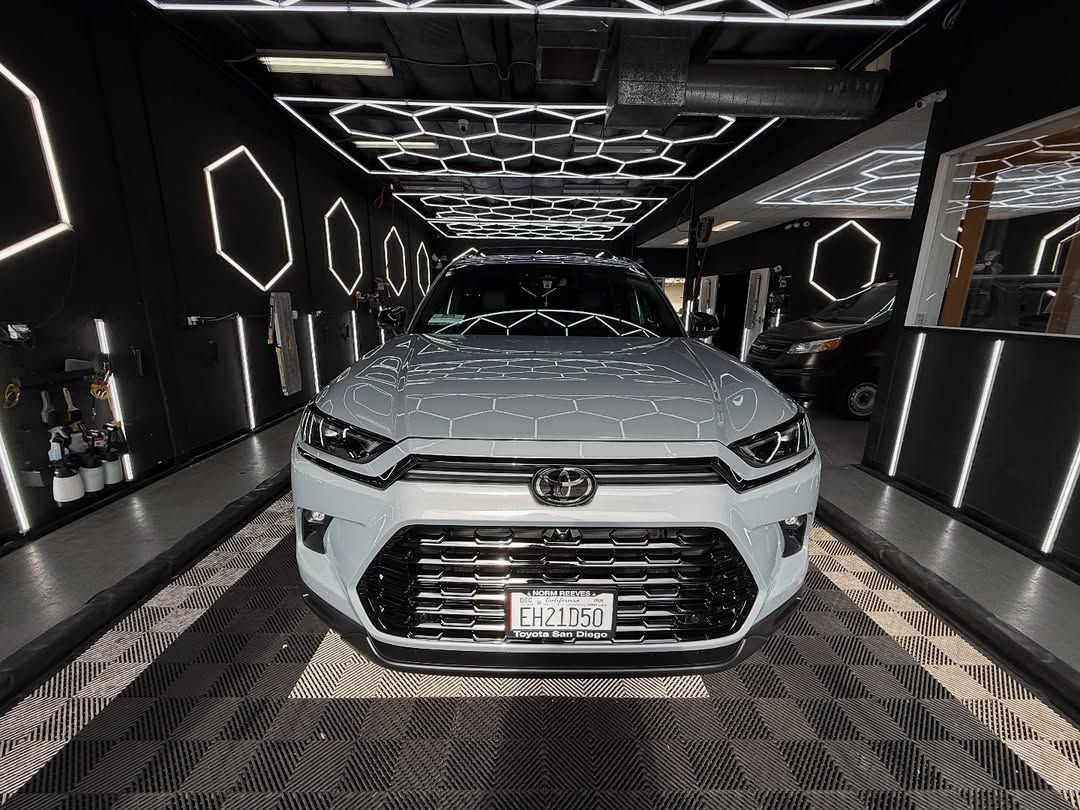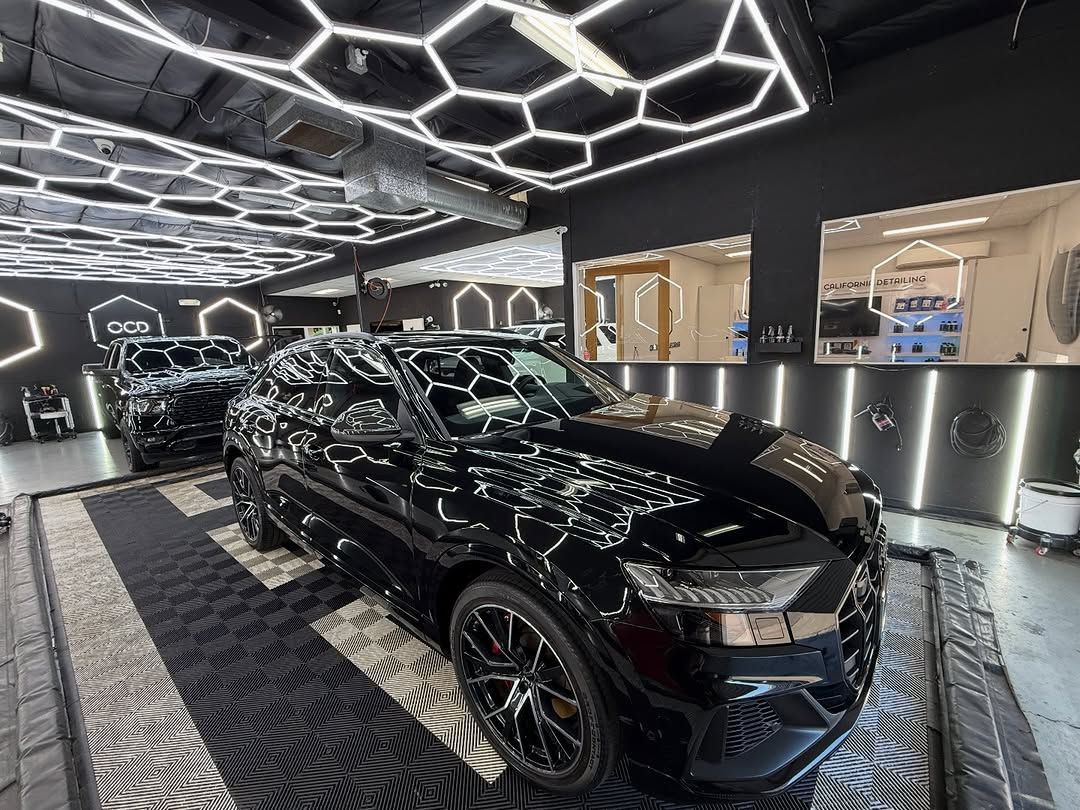Official California Detailing Blog
Is Car Window Tinting Legal in San Diego? Understanding the Laws and Regulations
(619) 760-4962 GET A QUOTE NOWNavigating the world of car modifications can be tricky, especially when legalities are involved. For many car enthusiasts in San Diego, the question of whether car window tinting is legal looms large. Understanding these regulations isn’t just essential for adhering to the law—it also plays a crucial role in ensuring your safety on the road. From maintaining visibility during bright sunny days to ensuring sufficient light transmission through your side windows, there are specific restrictions every driver should know. In this article, we will discover if window tinting is legal in San Diego!
Yes, car window tinting is legal in San Diego, but it must comply with California's regulations. For example, the allowable Visible Light Transmission (VLT) differs based on the location of the window, and violating these laws can result in fines. It is essential to ensure compliance with these regulations to avoid penalties.
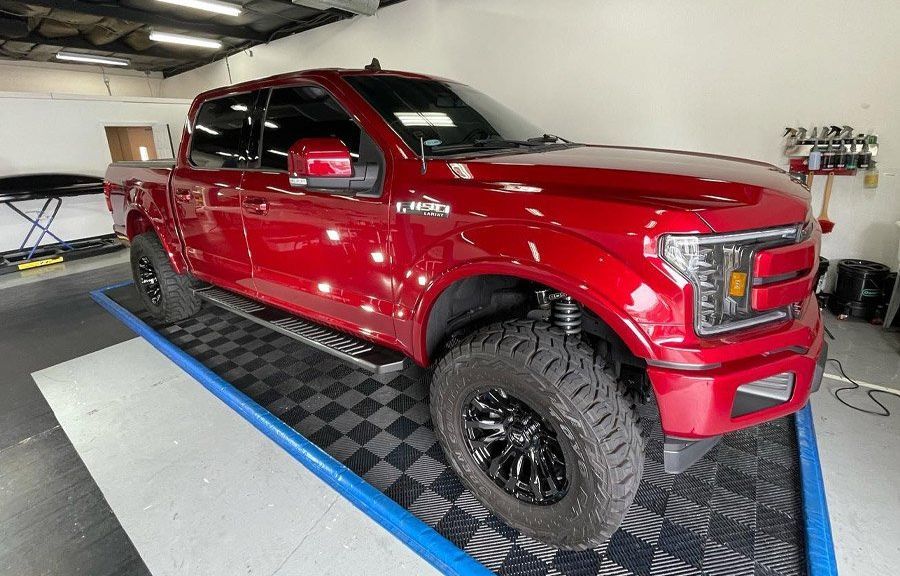
Are There Window Tinting Restrictions in San Diego?
If you live in San Diego and want a car window tinting solution, it's essential to remember that California has specific rules regarding how dark tint can be applied. These regulations address safety issues while still permitting some customization that provides privacy protection from UV rays.
San Diego motorists understandably want window tinting to block out some of the harsh sunlight while ensuring visibility and avoiding any safety hazards that may arise during nighttime travel. California law has specific guidelines regarding tint darkness and which windows can be tinted.
The law stipulates that only the top four inches of the front windshield may be tinted to avoid overly dark tints that obstruct visibility for drivers, making this restriction an essential safety measure, particularly in emergency response vehicles that require clear visibility from inside. Rear windshields and rear side windows have less stringent restrictions, as these do not obstruct driver vision.
California law sets Visible Light Transmission (VLT) levels for various vehicle windows, which determine how much light can pass through and are measured as a percentage--the higher this number is, the lighter your tint.
Front side windows must meet VLT of at least 70% to allow at least that much light through; this applies to both aftermarket tints as well as factory-installed ones; rear side windows do not have VLT restrictions but must have dual side mirrors installed if they're tinted.
As part of their compliance efforts, professional auto detail companies like Official California Detailing provide window tinting services that comply with these legal regulations while still offering the customization customers require. By working with licensed providers who understand and follow them, drivers can have peace of mind knowing their window tint is both legal and safe.
Regulations for Windshields and Side Windows
San Diego window tinting regulations are created to increase driver safety and visibility. By being familiar with each window type's specific regulations, it will be easier for you to ensure that your vehicle complies with these standards.
Windshield Regulations
California law authorizes non-reflective tint to be applied only to the top four inches of a front windshield to reduce sun glare while driving and maximize visibility on sunny days. Limiting it only to this portion prevents interference with both driver visibility as well as law enforcement being able to see inside for safety purposes.
Front Side Windows
When tinting front-side windows, they must allow at least 70% of light through (70% VLT) to maintain clear visibility for drivers. This standard applies regardless of whether or not an aftermarket tint was applied by the factory; adhering to it helps balance privacy with safety by guaranteeing the driver can still see both road signs and other vehicles.
Rear Side Windows and Rear Windshield
California regulations regarding rear side windows and the rear windshield are much more flexible when it comes to tinted tinting of rear side windows and rear windshield. There are no restrictions on how dark a tint may be applied, providing greater freedom and privacy. However, vehicles equipped with tinted windows must have dual side mirrors installed to allow adequate visibility through them for their drivers.
Drivers who follow these guidelines can ensure their vehicles comply with California law while maintaining style, privacy, and safety on the road.
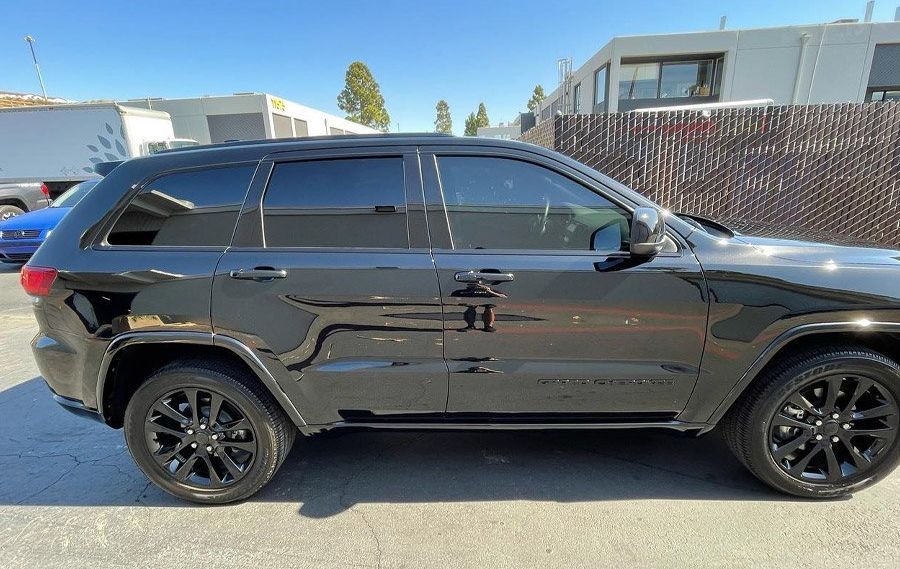
Allowed Car Tint Darkness Levels
Window tint darkness isn't solely determined by personal preference; legal restrictions exist to ensure road safety. In San Diego, tint darkness is measured using Visible Light Transmission (VLT).
Visible Light Transmission (VLT) measures the amount of light able to pass through windows; higher percentages indicate a lighter tint, while lower numbers equate to darker ones. This measurement ensures drivers have adequate visibility during night driving or adverse weather conditions.
California law dictates different VLT percentages for windows of different kinds; front-side windows must meet at least 70%, meaning 70% of light must pass through them. This requirement holds whether factory tinting was done before or post-production tinting of tinted windows is applied later.
Rear side windows and the rear windshield do not fall under VLT restrictions, permitting darker tinting as long as a vehicle features dual side mirrors to maintain visibility.
These rules are vital to maintaining visibility while driving, particularly at night or during heavy rainfall, where visibility is essential to safety on the road.
Just as darkness levels help ensure your visibility, reflectivity limits prevent your tint from creating an annoying glare that could distract other drivers.
The law restricts how reflective your tint can be to prevent it from distracting drivers in other vehicles with distracting glares. Tint applied to both front and rear side windows must not exceed more reflective than standard window glass, with maximum reflectivity restricted to 35%.
Understanding San Diego regulations regarding VLT and reflectivity limits is vital for making sure your car window tint meets them, increasing safety on the roads, and decreasing risks associated with vehicular window tinting.
Final Words
It's essential to keep all the rules and regulations in mind when making decisions about tinting your car's windows. Seek advice from professionals who specialize in legal tinting services. You can visit Official California Detailing for expert advice and professional installation that keeps you both stylish and compliant with the law.
By understanding the potential ramifications of illegal window tinting, you can make informed choices that prioritize safety and compliance while still enjoying the aesthetic appeal of tinted windows on your vehicle.
Call us at (619) 760-4962 or visit our website at Official California Detailing for expert guidance on legal window tinting!

